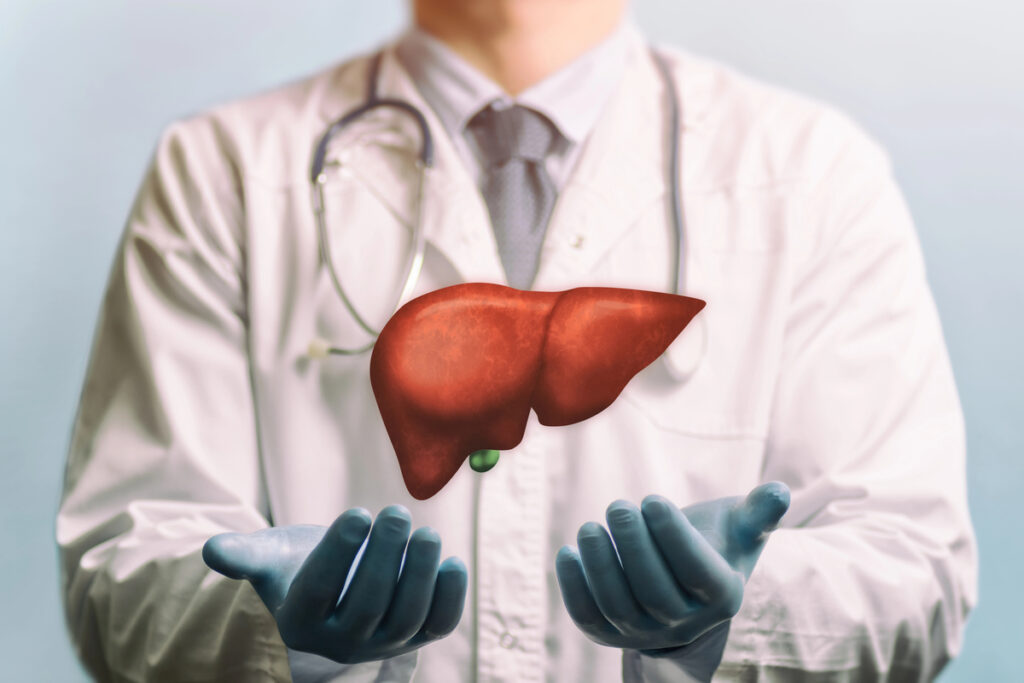15 Shocking Side Effects of Overeating Processed Foods in the U.S.
Processed foods are everywhere – they’re convenient, tasty, and cheap. However, behind their convenience hides several health risks that can seriously impact your body. Packed with unhealthy ingredients like preservatives, artificial colors, and added sugars, these foods can cause various long-term health problems. This article will explore the shocking side effects of consuming too much processed food. Let’s take a closer look at how they can harm your health.
Increased Risk of Obesity

Processed foods are often loaded with added sugars and unhealthy fats, making them high in calories. Since they are designed to taste good and be addictive, it’s easy to overeat them without realizing it. This overconsumption can lead to weight gain and, eventually, obesity.
Over time, obesity increases the risk of developing other serious conditions like heart disease and diabetes. Cutting back on processed foods is smart if you’re trying to maintain a healthy weight.
Higher Chances of Heart Disease

Processed foods are filled with trans fats and saturated fats, which can raise cholesterol levels in the blood. High cholesterol increases the risk of clogged arteries, leading to heart disease and stroke. Regular consumption of salty, fatty processed foods also puts more strain on your heart and increases blood pressure. Reducing processed food intake can significantly lower your chances of heart disease. Switching to whole foods is a healthier alternative for your heart.
Development of Type 2 Diabetes

Most processed foods are high in refined carbohydrates and sugars, which can lead to blood sugar spikes. Over time, frequent blood sugar spikes can contribute to insulin resistance, a major factor in developing type 2 diabetes.
Processed foods also lack fiber, which helps regulate blood sugar levels. Eating these foods regularly can lead to unhealthy blood sugar levels and increase the risk of diabetes. Swapping processed snacks for fiber-rich foods can help keep your blood sugar in check.
Poor Digestive Health

Many processed foods lack the fiber necessary for a healthy digestive system. This can lead to digestive issues such as constipation, bloating, and irritable bowel syndrome (IBS). Additionally, processed foods’ artificial additives and preservatives may irritate the stomach lining.
A diet high in processed foods can damage gut health over time and lead to chronic digestive problems. Eating whole, unprocessed foods can improve digestion and gut health.
Increased Risk of Cancer

Some processed foods contain harmful chemicals, preservatives, and additives that have been linked to cancer. For example, processed meats like bacon and hot dogs contain nitrates, which can turn into carcinogens in the body.
Additionally, diets high in processed foods often lack antioxidants and nutrients that help protect cells from damage. By cutting down on processed foods and increasing your intake of fresh, whole foods, you can reduce your cancer risk.
Higher Blood Pressure

Many processed foods are packed with sodium, which can raise blood pressure levels. High sodium intake puts extra strain on your blood vessels and heart, leading to hypertension. Over time, high blood pressure can increase the risk of heart disease and stroke.
Reducing your intake of processed, salty foods is one of the easiest ways to maintain a healthy blood pressure. Opt for fresh, whole foods that are naturally low in sodium.
Weakening of the Immune System

Processed foods lack the essential vitamins and nutrients your body needs to support a strong immune system. Instead, they often contain sugar, which can weaken your immune response over time.
A diet high in processed foods can make you more susceptible to infections, illnesses, and long-term health problems. Boosting your immune system with nutrient-rich whole foods can help protect your body from disease.
Mood Swings and Mental Health Issues

Eating too much processed food can affect your mental health and lead to mood swings, anxiety, and even depression. These foods often contain high levels of sugar and unhealthy fats, which can cause quick changes in blood sugar levels, leading to mood instability.
A diet rich in processed foods is also linked to poor brain function and cognitive decline over time. Focusing on whole, nutrient-dense foods can help stabilize your mood and improve mental well-being.
Low Energy Levels

Processed foods are often low in essential nutrients like vitamins and minerals that your body needs for energy. Instead, they are high in sugar and refined carbs, which can cause your energy levels to spike and crash quickly.
This can leave you feeling fatigued and sluggish throughout the day. Replacing processed snacks with nutrient-dense foods will help you maintain steady energy levels and improve your overall vitality.
Skin Problems

A diet high in processed foods can lead to skin problems like acne, dullness, and premature aging. The high sugar content in processed foods can cause inflammation and breakouts. Additionally, lacking essential vitamins and antioxidants can rob your skin of its natural glow. Eating more whole foods, such as fruits and vegetables, can help nourish your skin from the inside out.
Sleep Disturbances

Consuming processed foods, especially those high in sugar and unhealthy fats, can disrupt sleep patterns. These foods can cause fluctuations in your blood sugar levels, making it harder to fall asleep or stay asleep.
Over time, poor sleep can lead to various health problems, including increased stress and lower immunity. Reducing processed food in your diet can improve your sleep and overall health.
Damage to the Liver

Processed foods, mainly those high in fructose and unhealthy fats, can overload the liver and lead to conditions like non-alcoholic fatty liver disease (NAFLD). Excess sugar and fat from processed foods can build up in the liver, leading to inflammation and damage.
Over time, this can result in serious liver problems, which can affect overall health. Eating a diet low in processed foods and rich in fruits, vegetables, and healthy fats can help protect your liver.
Increased Risk of Kidney Disease

Processed foods often contain high sodium levels and unhealthy fats, which can overwork your kidneys. Excessive sodium intake can lead to kidney damage and increase the risk of developing kidney disease.
Additionally, processed foods lack essential nutrients, making it harder for your kidneys to function properly. Cutting down on processed foods can help keep your kidneys healthy and functioning well.
Bone Health Deterioration

Processed foods are typically low in calcium, vitamin D, and other nutrients essential for bone health. Over time, a diet lacking in these nutrients can lead to weakened bones and an increased risk of osteoporosis.
Besides, the high sodium content in many processed foods can cause the body to lose calcium, further weakening the bones. Eating more nutrient-rich foods can help strengthen your bones and protect against bone-related conditions.
Shortened Lifespan

Some studies show that consuming large amounts of processed foods can shorten lifespan. The accumulation of health problems like heart disease, diabetes, and obesity, all linked to processed food consumption, can significantly reduce life expectancy. By replacing processed foods with a balanced diet of whole, nutrient-rich foods, you can improve your health and potentially live a longer, healthier life.
15 Grocery Items to Stock Up On Before Winter Price Hikes

As winter draws near, temperatures rise, as do grocery prices. The colder months often bring higher food costs due to increased demand, supply chain challenges, and seasonal shortages. To avoid the shock of winter price hikes, stock up on certain pantry staples and essential items.
15 Grocery Items to Stock Up On Before Winter Price Hikes
15 Foods Only The Wealthy and Elite Can Eat Now

Culinary trends are constantly evolving, and some foods have become more than just sustenance—they’ve become status symbols reserved for the elite.
15 Foods Only The Wealthy and Elite Can Eat Now







